Travel Aware
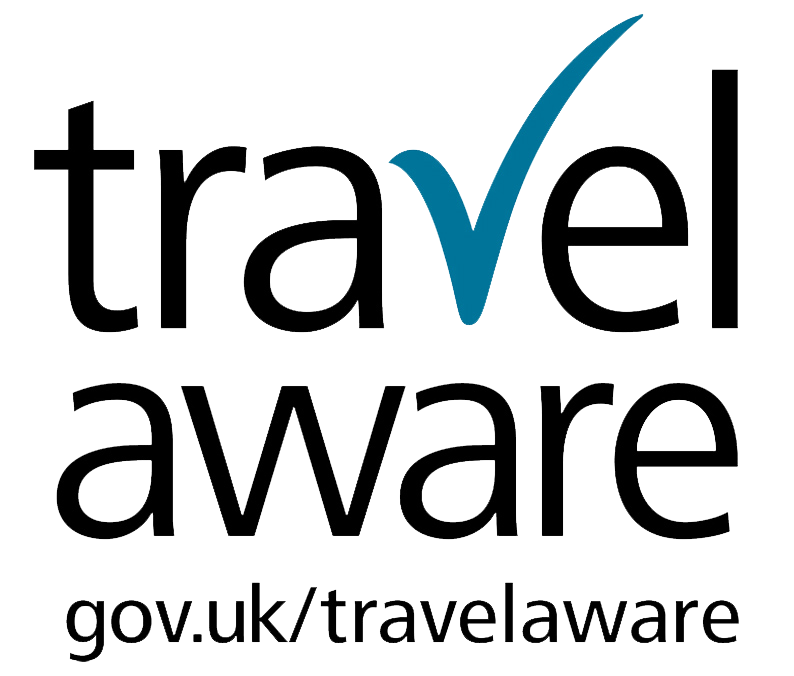
Get advice about travelling abroad, including the latest information on safety and security, entry requirements, travel warnings and more.
The Travel Aware campaign aims to ensure you have the best possible travel abroad, help you stay safe and understand risks in different countries.
The Foreign, Commonwealth and Development Office’s travel advice aims to provide objective information and advice, to help you make better-informed decisions about your international travel plans.
You can search for a country or territory, and sign up for email updates on its page to be notified of any updates to our advice before or during your trip.

You can also get updates from our FCDO Travel Aware social media channels on Twitter, Facebook and Instagram.
Travel Advice
Get country-specific advice about travelling abroad, including the latest information on safety and security, entry requirements and travel warnings.
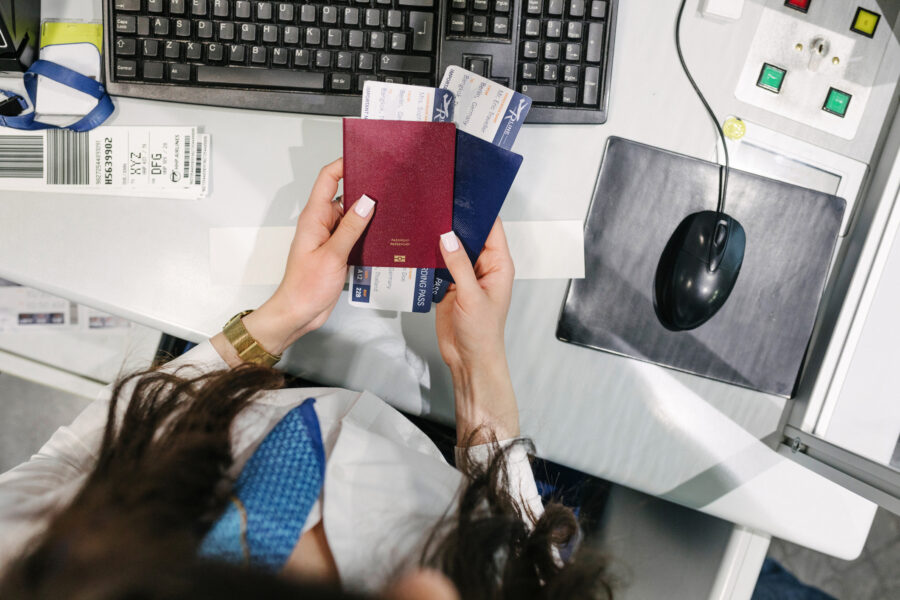
Travelling to Europe?
The EU plans to introduce the Entry/Exit system (EES). This is a new digital border system that will change requirements for British nationals travelling to the Schengen area.
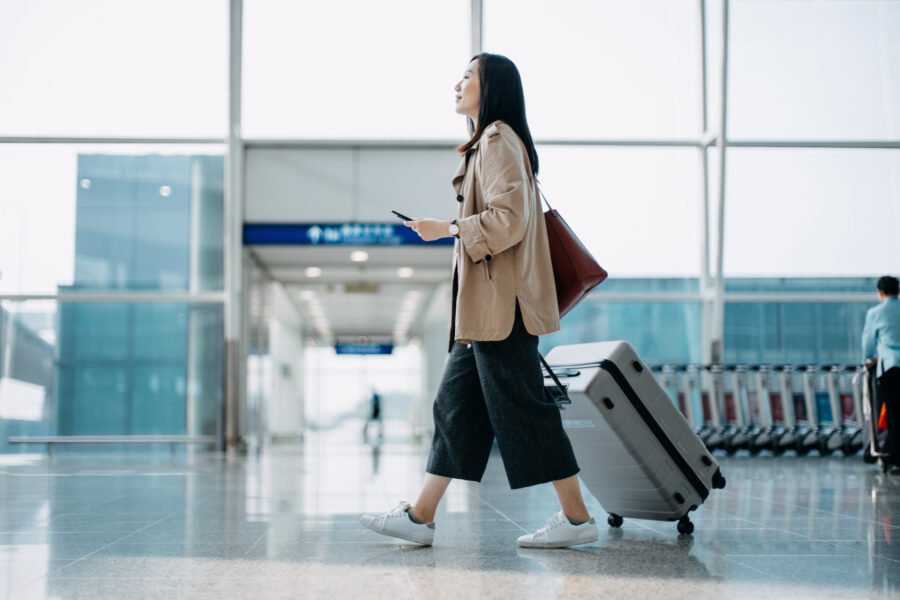
Stick With Your Mates
We give young people tips and advice on how to look after each other and help avoid serious accidents on holiday.
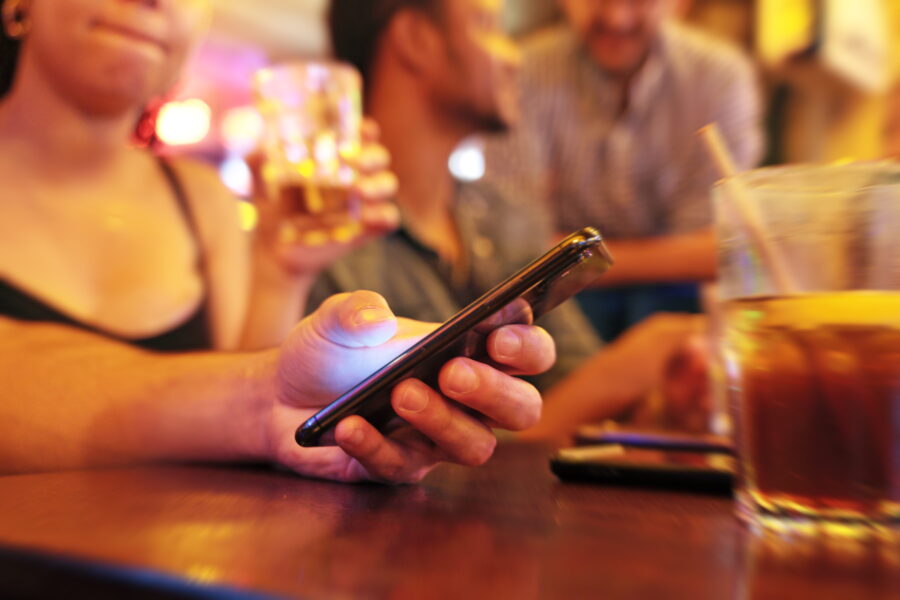
Get travel insurance
If you travel internationally you should buy appropriate travel insurance before you go. If you already have a travel insurance policy, check what cover it provides, including medical treatment and travel disruption.
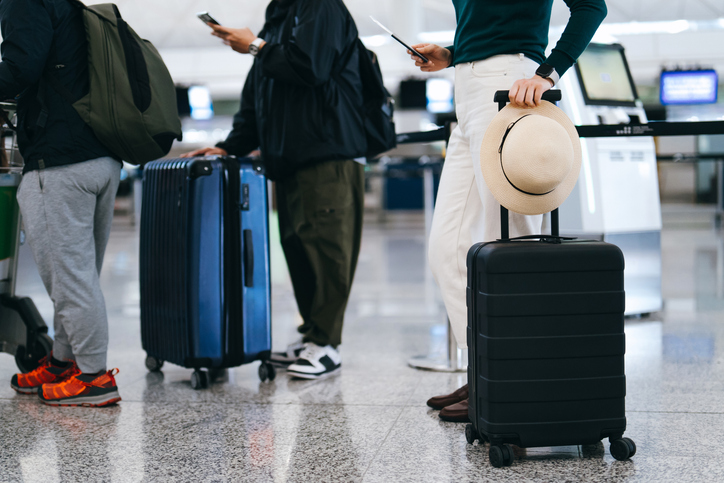
More information
More travel insurance information
If you’re travelling abroad, you should take out appropriate travel insurance before you go.
Emergency passports
An emergency travel document lets you travel from abroad if you need to travel urgently and cannot use your UK passport. It is usually only valid for one single or return journey.
Global Heath Insurance Cards
The UK Global Health Insurance Card (GHIC) lets you get necessary state healthcare in the European Economic Area (EEA), and some other countries.
Foreign travel checklist
A checklist from the Foreign, Commonwealth & Development Office to help British people prepare for travelling and staying safe abroad.
Support for British nationals abroad
Guidance on how you can help yourself stay safe abroad, and the help the FCDO can provide.
Living in country guides
Advice for UK nationals living abroad, including residency, health and benefits, and specific advice for people following the UK’s departure from the EU.